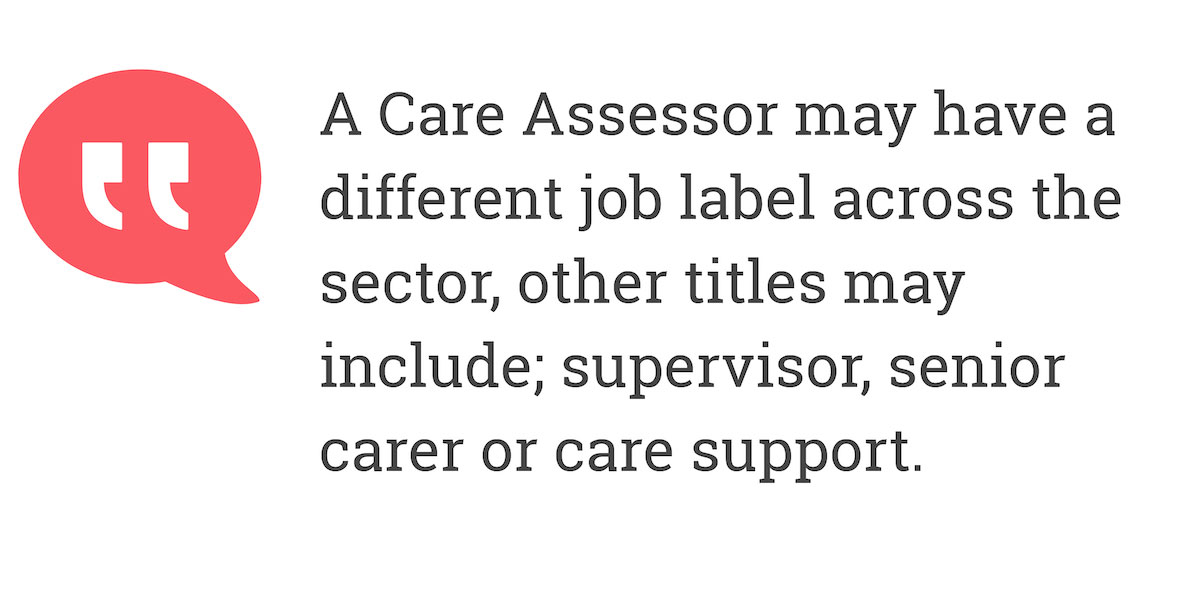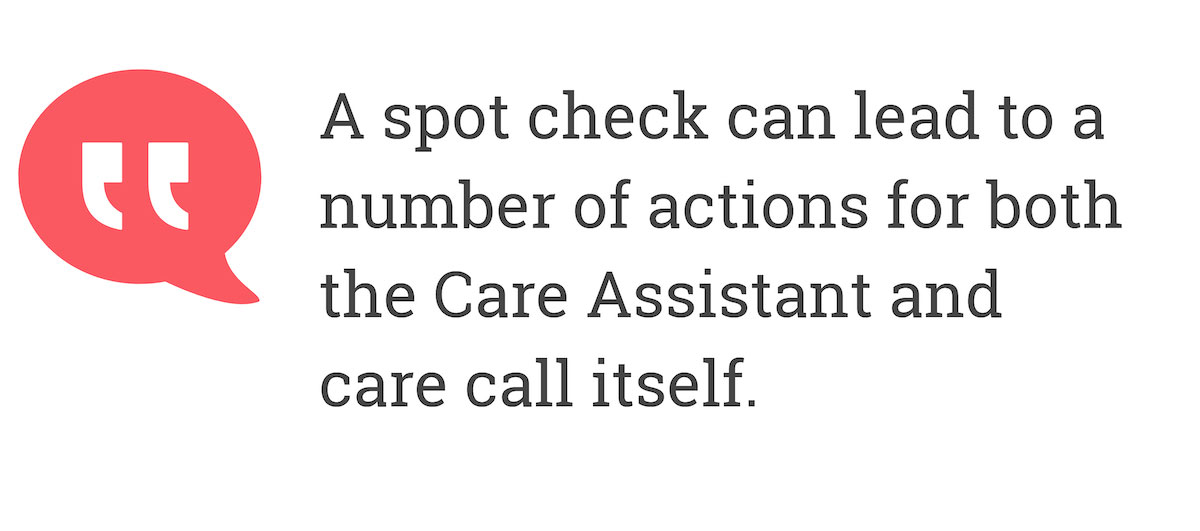- 16 July 2021
- 12 min read
What Are The Duties Of A Care Assessor Working In Home Care?
Subscribe "Doing this role affords me the opportunity to make a real difference to individuals in our community and help those in need."
"Doing this role affords me the opportunity to make a real difference to individuals in our community and help those in need."From her own experience, Emma gives an overview of the role of a Care Assessor, with a rundown of the responsibilities & duties, and what to consider if you’re thinking of becoming one.
Topics covered in this article
Introduction
I currently work as a Care Assessor in the domiciliary care sector for a home care company in the North of England.
As explained in my previous articles, “How I Changed My Career Path To Work In Home Care” and “What Are The Duties Of A Care Assistant Working In Home Care?”, I began my career in the social care sector as a Care Assistant for the same company.
I have worked in the care sector for over 6 years and throughout this period of time I have also undertaken higher education to help grow and evolve within my role.
Within this article I'm going to explain the duties and tasks that you can expect to carry out when working as a Care Assessor in the domiciliary care sector.









About this contributor
Domiciliary Care Assessor
I used to work in the banking sector. I enjoyed the role, but it didn’t fulfil my passions in life. I decided to dedicate my life to helping people. I started as a Domiciliary Home Care Worker. I took a university access course and am now in the third year of my degree. During that time, my job role has also progressed. I am now a Domiciliary Care Assessor for the same company I began my journey with.
More by this contributorWant to get involved in the discussion?
Log In Subscribe to commentKrisztina Szatory
Krisztina Szatory
3 years agoHi Emma, I am interested, can I write you a message somewhere?
Hi Emma, I am interested, can I write you a message somewhere?
read less